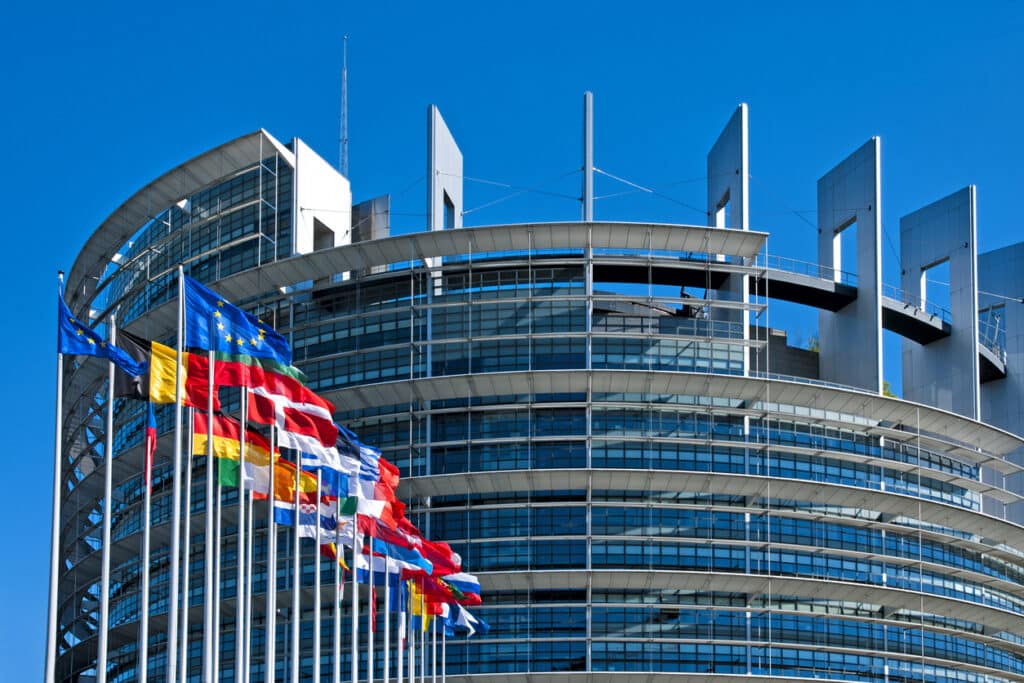With only two weeks before an important deadline, at least seven European countries including Germany and Italy likely will fail to pass a new whistleblower law to comply with new EU rules.
An EU Directive on whistleblower protection was passed in October 2019, providing the 27 member countries with more than two years to pass a new law before the December 17 cutoff. A vast majority of countries have taken a last-minute approach to drafting and debating proposed laws. Only two countries – Denmark and Sweden – have passed a law so far, and fewer than 10 countries have scheduled hearings in Parliament.
The seven countries that almost certainly will miss the deadline are Bulgaria, Czech Republic, Estonia, Germany, Greece, Italy and Romania, according to a survey of Parliament members and justice ministries by the European Center for Whistleblower Rights and Whistleblowing International. Officials in several countries did not provide any information on their legislative progress, including Austria, Croatia and Hungary.
Perhaps not coincidentally, six of these ten countries have no existing whistleblower laws in place, meaning they have had no official practice in receiving reports and retaliation complaints from witnesses in the workplace. Parliament members and officials in Bulgaria, Czech Republic, Germany and Romania recently told the European Center that they do not have sufficient knowledge or experience to set up a whistleblower protection system. Political will, they acknowledged, also is lacking.
“The state of transposition and processes in member states does not look too promising, and it may be years until there is harmonized protection of whistleblowers in the EU,” said Theo Nyreröd, an anti-corruption and whistleblowing expert affiliated with Brunel Law School in London.
Until a country passes a new law, its citizens will not have full legal protections. Many media outlets have falsely reported that Europeans already are protected under the Directive, and many people have called whistleblower support organizations in Europe with the misconception they are shielded from retaliation.
“As whistleblowers are central in detecting fraud and corruption,” Nyreröd said, “it also means that many forms of wrongdoing will remain undetected.”
A review of proposed laws from 10 EU countries provides little hope that the measures will provide strong free-speech rights to employees. None of them include meaningful or specific mechanisms to protect employees from retaliation or compensate them for lost wages and other damages. The proposals are virtually silent on how an employee can apply for and obtain whistleblower protection or status.
Passed on June 24, Denmark’s “Act on the Protection of Whistleblowers” includes no mechanisms to protect employees from retaliation, no system for victimized employees to be reinstated or compensated, and no definition of losses or damages. Moreover, the law permits employers to dismiss a whistleblower if it is “unreasonable” to maintain the employment relationship. This means managers can call an employee a “management problem” and dismiss the person with impunity.
The European Commission has a range of tools to require member countries to comply with EU rules. This past July, for example, the Commission began infringement procedures against Hungary and Poland related to the countries’ policies toward LGBTIQ people. The Commission said it would use “all the instruments at its disposal” to uphold Article 2 of the EU Treaty, which protects democracy, human rights and the rule of law.
